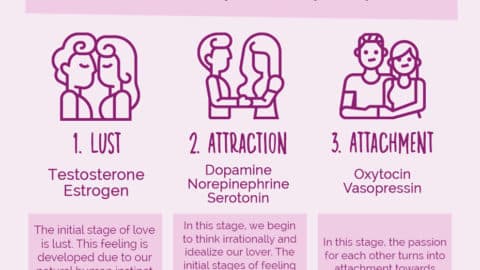Mental Health News: Researchers from University College London found that living near woodlands is good for children and young people’s cognitive development and lowers the risk of emotional and behavioral problems.
The research team used longitudinal data in a cohort of 3,568 adolescents (between 2014 and 2018) aged 9 to 15 years at 31 schools across the London metropolitan area to examine the associations between natural-environment types and adolescents’ cognitive development, mental health and overall well-being.
Natural environment was divided into green space – including woods, meadows and parks – and blue space – including rivers, lakes and the sea.Green space was further distinguished into woodland and grassland. Using satellite data researchers calculated each adolescent’s daily exposure rate to each of these environments within 50m, 100m, 250m and 500m of their home and school.
After adjusting other variables, researchers found that higher daily exposure to woodland, but not grassland, was associated with higher scores for cognitive development and a lower risk of emotional and behavioural problems for adolescents. But, the reason underlying this association is less known.
The study findings have important implications for urban planning decisions to optimize ecosystem benefits linked to children’s mental health and consider the type of natural environment included.
To Know More You May Refer To
Maes, M. J., Pirani, M., Booth, E. R., Shen, C., Milligan, B., Jones, K. E., & Toledano, M. B. (2021). Benefit of Woodland and other natural environments for adolescents’ cognition and mental health. Nature Sustainability. https://doi.org/10.1038/s41893-021-00751-1



Leave a Reply
You must be logged in to post a comment.